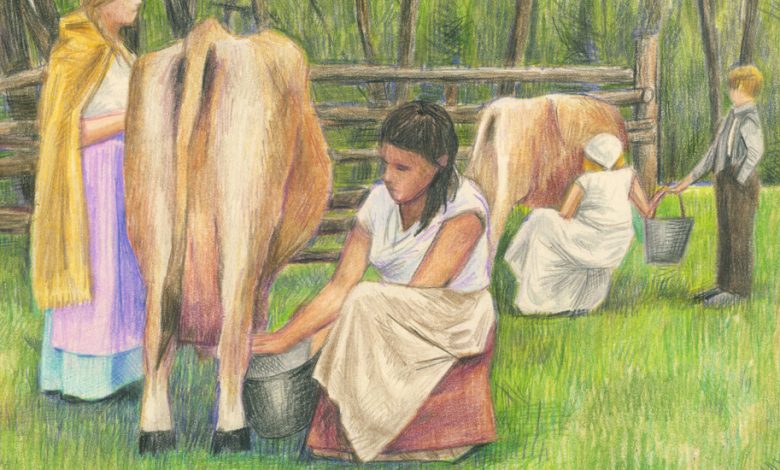The Diabolical PBS Show That’ll Restore Your Faith in Reality TV

Reality TV has become the victim of its own domination. Today it is all but impossible to find participants unlearned in the folkways of reality television. A “Real Housewives” viewer understands the show as not a documentary about women’s lives but an improvisatory melodrama whose characters strive to be depicted favorably in a documentary about women’s lives. They watch because it is funny, infuriating and at times harrowing to observe people, consumed with awareness of being filmed, trying to give the impression that they are not thinking almost exclusively about being filmed.
At one time, though, watching reality TV was more pruriently thrilling. Closer to the feeling of spying. The earliest content was shocking because it confirmed that people really acted that way: maliciously, idiotically, obliviously. The most riveting reality TV, therefore, must be excavated from the genre’s infancy: somewhere in the brief window between the first season of “The Real World” and the second season of “The Real Housewives of Beverly Hills.” The purest stuff — the 190 proof stuff — comes from the 1880s, by way of 2001.
That was the year PBS producers selected three families to spend five months living in Montana, mimicking, as faithfully as possible, the experience of late-19th-century homesteaders. The resulting six episodes make up the most diabolically entertaining television ever created: “Frontier House.” Every great reality TV ingredient is abundant: a high degree of interpersonal conflict, a prison of one’s own making, characters who invite snap judgment and — crucially — reality. What makes “Frontier House” sublime is the variety of ways in which reality manifests: Fourth walls are pulverized as participants try to outfox production. One mother’s right to take (period-inauthentic) birth-control pills is debated. Surreally, the Sept. 11 attacks occur during filming; the cast is permitted to read newspaper coverage.
It is a testament to man’s ability to drive his neighbor insane that even in severely rugged conditions, and with hundreds of acres of perilous wilderness in play, tiffs between and among the members of two families provide most of the excitement. The first episode establishes the Glenns, from Tennessee, as the viewer surrogate. “We represent the majority of people in America,” says Karen Glenn, a sensible school nurse. Their foil family is the Clunes, led (impulsively) by a patriarch named Gordon. The Clunes embody, to an almost absurd extent, what people imagine when they accuse others of being “from California”; no one has ever been more from California than the Clunes, whose time on the frontier overlaps with construction of their new mansion in Malibu.
Next to the unflappable Glenns, the Clunes are revealed to be feckless, flighty, highfalutin’ crybabies. Their mislaid priorities are a common theme; compared with Karen and her 12-year-old daughter, the women of the Clune family — two teenagers, and Gordon’s glamorous wife, Adrienne — appear pathologically obsessed by their desire to use cosmetics. (Thwarted in their attempt to sneak mascara onto the frontier, the teenage girls are discovered to have — brilliantly — smuggled in Herbal Essences via honey bottle.)
The show’s neatest trick, then, is gradual allegiance inversion. Karen, adept at frontier living, resents that the Clunes do not seek her help. Over time, Gordon Clune comes to represent a sort of boogeyman figure to her and, by extension, to her family. In one of their increasingly nasty arguments, she and her husband, Mark, accuse each other of acting like Gordon: Mark (per Karen) because he is “playing the victim”; Karen (per Mark) because she is implacable. By the final episode, Karen has become consumed with the notion that the Clunes are “cheating.” (The show is not a contest.) The Clunes, by the way, are totally cheating. But, they argue with aplomb, by cheating — for instance, sneaking out of the production zone to trade food with their modern “neighbors” — they are living with perfect authenticity, surviving by any means necessary.